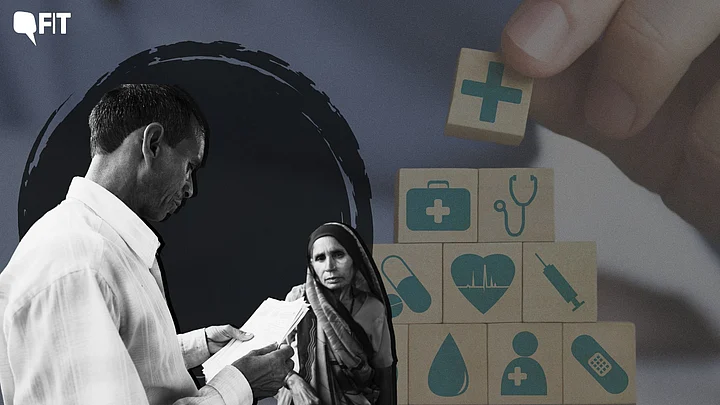Who drives the health policy agenda in India? Who decides what health policies are important, and how they should be structured and implemented?
Researchers at Pune's Association for Socially Applicable Research (ASAR), have published a new study that analyses the answers to these questions.
This is the first analysis in India to examine the composition of India's national health committees that are responsible for forming health policies, creating the structure of health systems in the country, and how they are run.
Read on to know what the analysis found.
Key findings of the analysis: The composition of 23 national health committees from 1943 to 2020 was analysed. The study found that India's NHCs responsible for its health policies lack diversity in representation from multiple perspectives.
All except three committee chairpersons were men.
Only 11 percent of the total members of each of these committees were women.
While over 50 percent of the members had work experience in the health sector, most of them were medical doctors with very few people from other cadres.
55 percent of the members and chairpersons of the committees were Government administrators.
Most of the members (44 percent) are concentrated in the national capital of Delhi.
"The analysis shows that the leaders and members of national health committees with mandate to contribute to national health policies are largely limited to men from the government sector concentrated in the National Capital region."Dr Vikash Keshri, Study Author
Why does it matter? Speaking to FIT, Vikash Keshri, one of the researchers from the University of New South Wales, Sydney, Australia, involved in the analysis said, "Because these committees and these actors influence the making of policies and initiatives that are made in the country, equitable representation matters."
"More attention needs to be taken while formulating a committee to ensure better representation of genders, geographical regions, and sectors and institutional affitiations."Dr Vikash Keshri, Study Author
Zooming in: Speaking of the process of collecting and analysing all this data, Dr Keshri says, "compiling the data was not very hard because we have a good bank of archival data with the different ministries, and a lot of the documents are in the public domain now."
Are there any limitations of the study? Dr Keshri says "It's possible we might have missed some committees in the screening process, if they are no longer active, or if their documents are buried in the archives."
The way ahead: "We found that there has been some improvement over the years, but there needs to a fairer system for selecting members of these committees to ensure more diversity in the future," says Dr Keshri.
He says this can be achieved if "the actors are identified based on their proven contribution in the field rather than their implicit influence or that of their gender, their geographics location or the institution that they are affiliated to."

